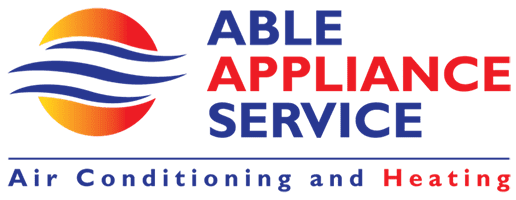Linen:
Linen should either be dry cleaned or washed in cool water by itself or with a few other items, being sure to leave empty room in the washer. After washing, lay your item to dry.
Cotton:
Cotton is one of the most commonly used fabrics in clothing, and it’s easy to wash and dry without worrying about potential damages. The best thing to keep in mind is that white cotton should be washed in warm water, while you should wash colored cotton in cooler water. Another thing to remember is that cotton does shrink; you can prevent shrinkage by not drying items for too long.
Denim:
You should only wash denim after every 5-10 wears. The best way to wash denim is handwashing inside out. However, you can still safely wash your jeans and denim items in the washing machine. Make sure to turn clothing inside out, wash in cold water, and then hand them to dry.
Spandex:
If you own workout clothes, they’re likely made of spandex! You can feel safe washing your spandex items every time you wear them. No need to wear sweaty workout gear! Wash spandex in cold water and let it air dry.
Viscose:
The best way to wash your clothes made of Viscose is by dry cleaning. However, you can also try hand washing in cool water. If you decide to hand wash, be aware of how wrinkly Viscose clothing can get. You can try smoothing these wrinkles out as you lay garments out to dry.
Polyester:
Polyester clothing is typically low maintenance. Most polyester clothing items can be washed on a warm wash cycle and thrown into the dryer on a low heat setting.
Acrylic:
As a good rule of thumb, garments made of acrylic should be washed in warm water. However, you should always check the clothing tag to see what other fibers alongside acrylic are in your clothing item. Depending on the other materials, the label may say to use a different method to wash safely.
Wool:
Most wool products are perfectly safe to go through the wash. Put your washing machine on the delicates or wool setting and wash with cold water. You can either air dry your garment or put it in the dryer with low heat/gentle selection to tumble dry.
Cashmere:
The safest way to wash cashmere clothing is to place items in a lingerie bag and wash them on the wool or delicate cycle. Lay the item to dry, and avoid hanging to prevent the garment from stretching. If you have more time on your hands, you can hand wash them in cold water and lay them to dry.
Silk:
Silk can either be hand washed or put in the washing machine with a delicate setting. No matter how you wash it, you’ll get your best result by letting it air dry! If you’re really worried about a specific silk garment, take it to be dry cleaned.


